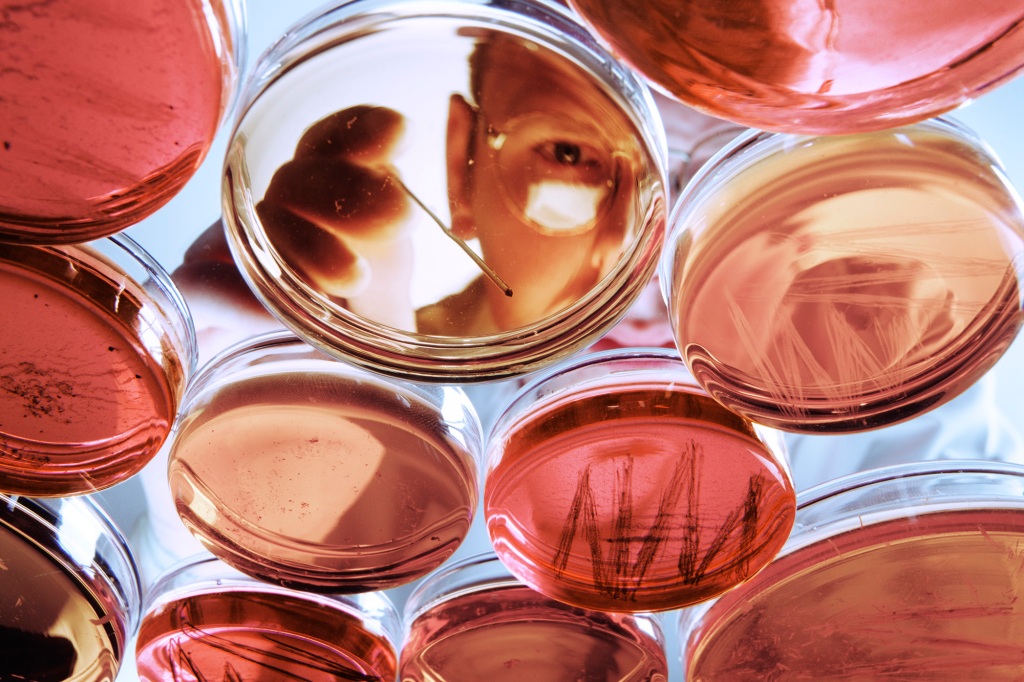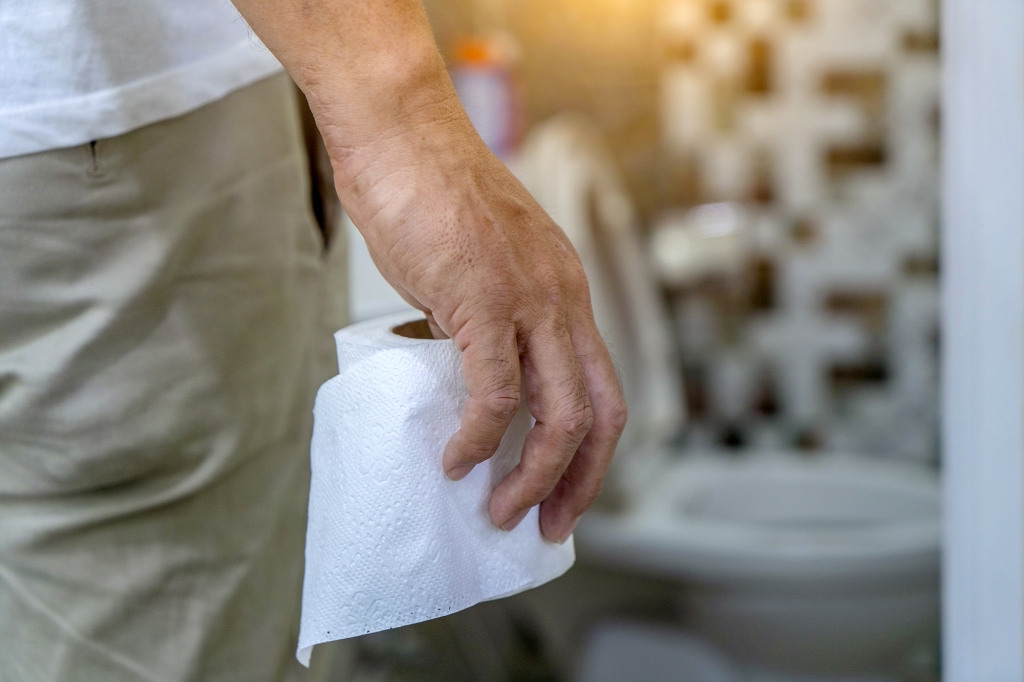Preserving your poop could help save your life: Harvard scientists
Stop flushing your life away.
Preserved stool samples, chilled down to negative-112 degrees Fahrenheit, could hold the secret to curing illness later on in life, according to scientists from Harvard Medical School and Brigham and Women’s Hospital in Boston.
The proof is in the poop, say researchers who, in a recent report published in Trends in Molecular Medicine, noted that changes to the average gut microbiome in recent decades have correlated with increased rates of chronic diseases such as asthma, allergies, digestive system ailments and Type 2 diabetes — leading scientists to believe that gut and immune health are somehow intertwined.
That’s why they’ve suggested that banking samples of young and healthy fecal matter, which contains all the same microbes as found in the gut lining, could “rejuvenate” the aging body, thanks to the reintroduction of those young and healthy microbes.
“The idea of ‘rewilding’ the human microbiome has taken off in recent years and has been hotly debated from medical, ethical and evolutionary perspectives,” corresponding author Yang-Yu Liu, an associate professor of medicine at Harvard, said in a statement to ScienceDaily.

Researchers described an approach in which potentially decades-old frozen fecal matter would be thawed and reintroduced to the same patient from which it was harvested. The process is referred to as an autologous (meaning, obtained from the same individual it’s being given to now) fecal microbiota transplant, or an auto-FMT.
It’s not yet known if people today have anything to gain from turning back the clock on their own microbiome, researchers note. But fecal transplants are already being studied and applied in some areas of medicine. For example, healthy donor feces have recently emerged as a treatment for C. diff, or Clostridioides difficile, which infects half a million Americans annually and kills about 29,000.

The current study deals with some of the more “practical issues” to storing poop for long periods of time, including methods of storage and costs.
“As scientists, our job is to provide a scientific solution that may eventually benefit human well-being,” Liu said, acknowledging the financial barrier to entry for patients. “Developing a reasonable business model and pricing strategy so that the solution is affordable to everyone would require the joint force of entrepreneurs, scientists and perhaps governments.”
Study co-author Scott T. Weiss, a professor of medicine at Harvard and the associate director of the Channing Division of Network Medicine at BWH, is adamant about the possibilities.
“Autologous FMTs have the potential to treat autoimmune diseases like asthma, multiple sclerosis, inflammatory bowel disease, diabetes, obesity and even heart disease and aging,” Weiss told ScienceDaily. “We hope this paper will prompt some long-term trials of autologous FMTs to prevent disease.”
Read the full article Here


